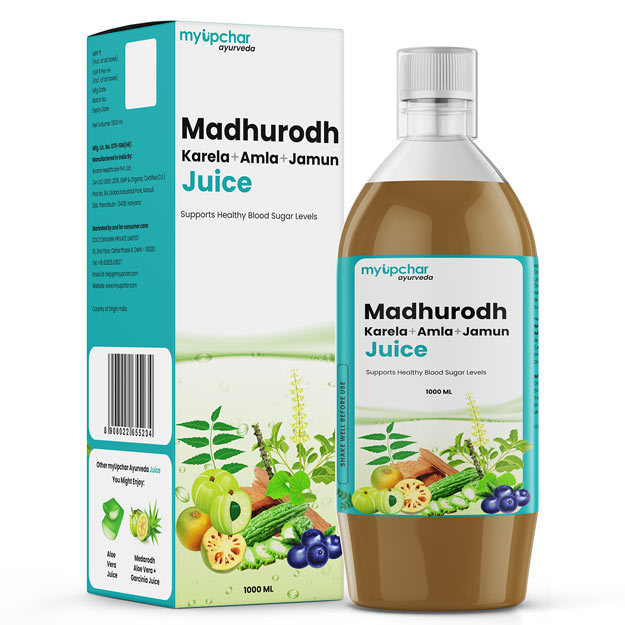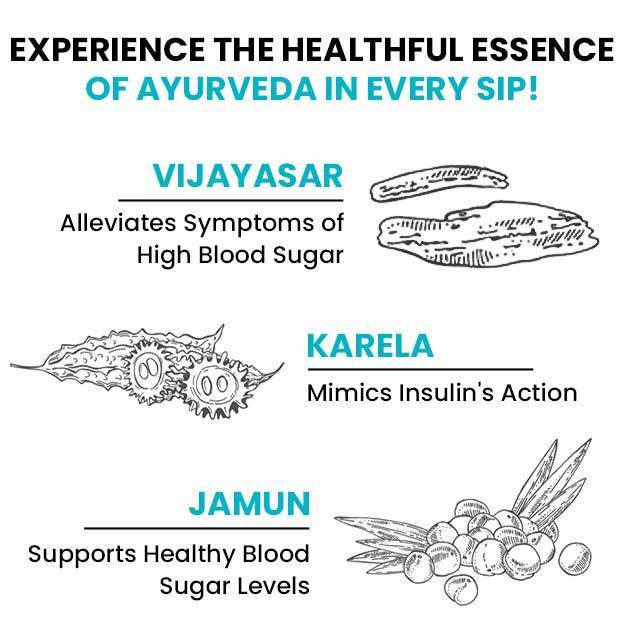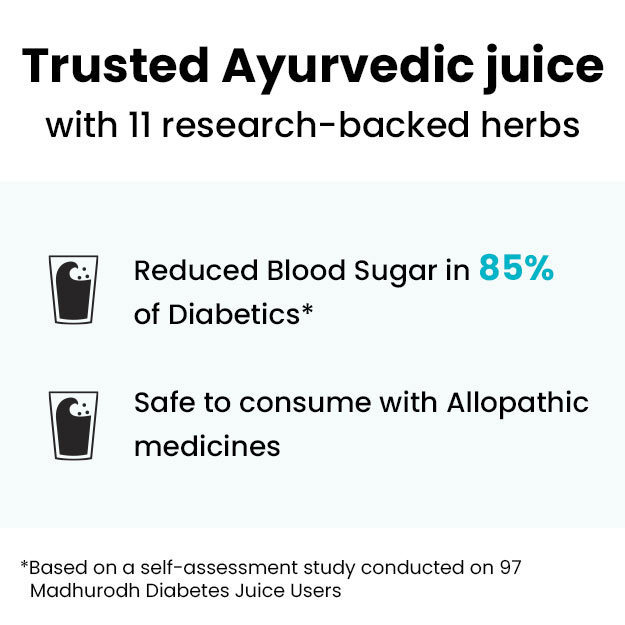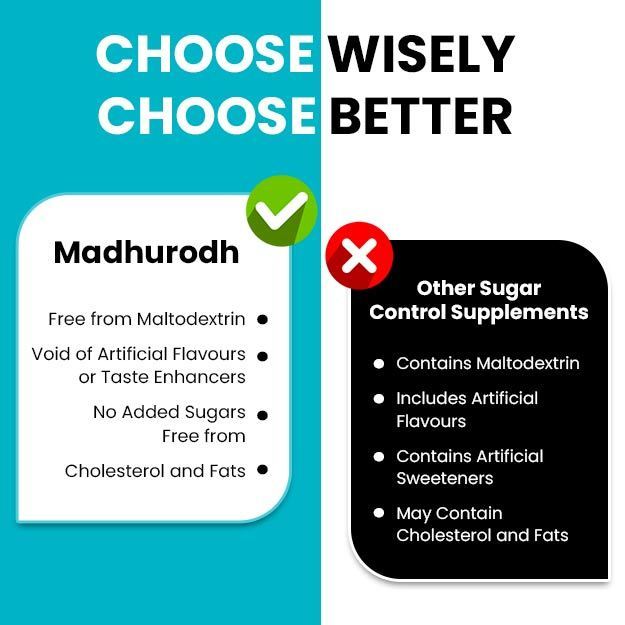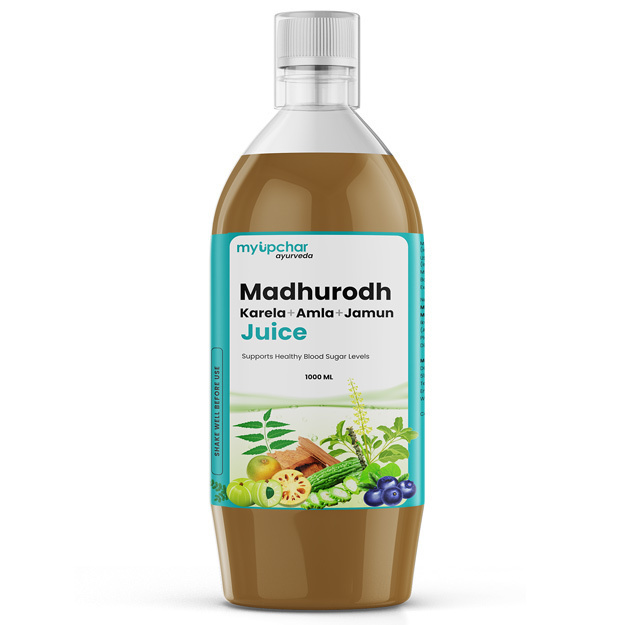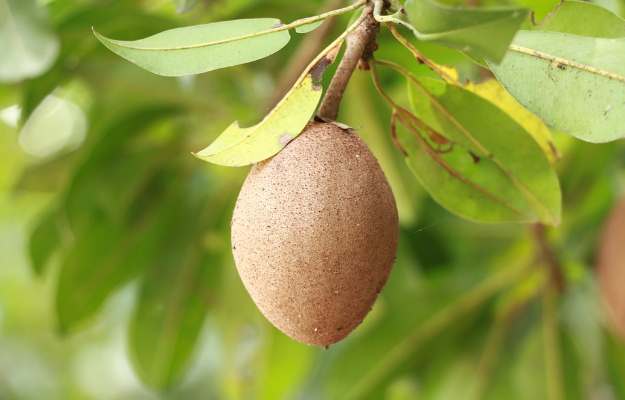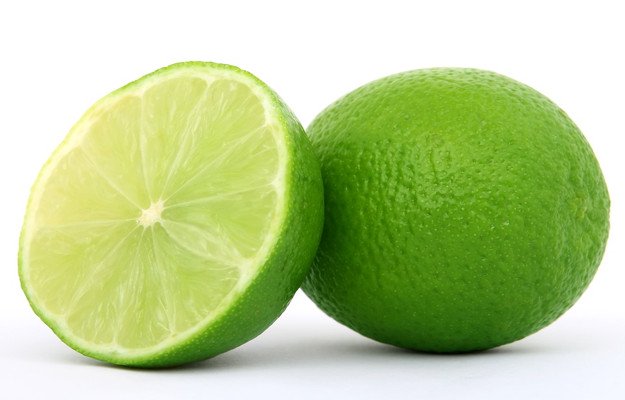Originally from China, goji berries are grown in the lower Himalayan regions in India. These small red berries are not just great tasting, but also rich in nutrients.
While the raw berries have an amazing flavour all on their own, there are also many packaged products with goji berries—including goji-berry chocolates—available in the market nowadays.
Eating these berries regularly is thought to offer health benefits like protecting the eyes, heart and nerves—the berries are classified as a superfood.





